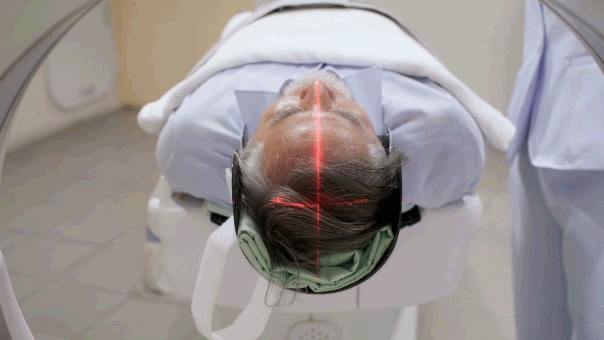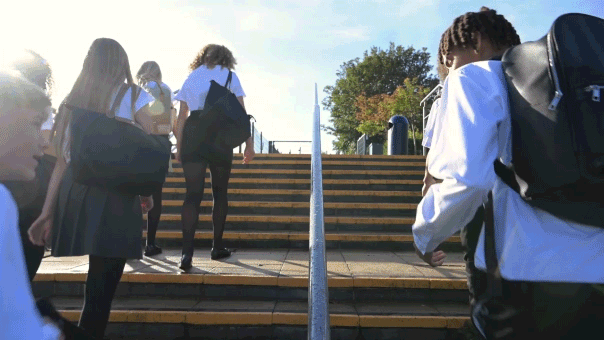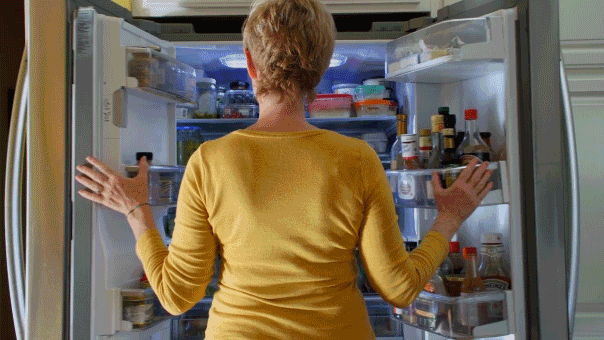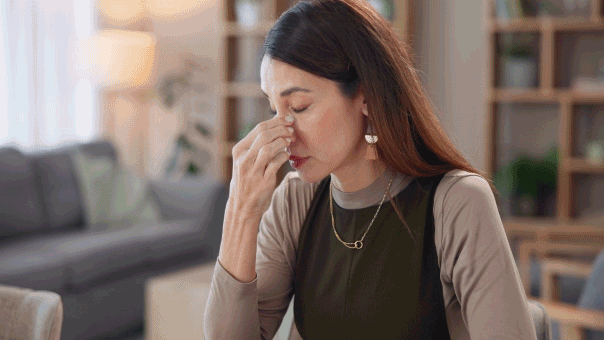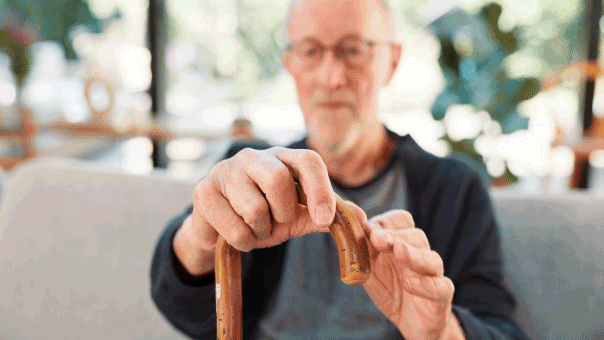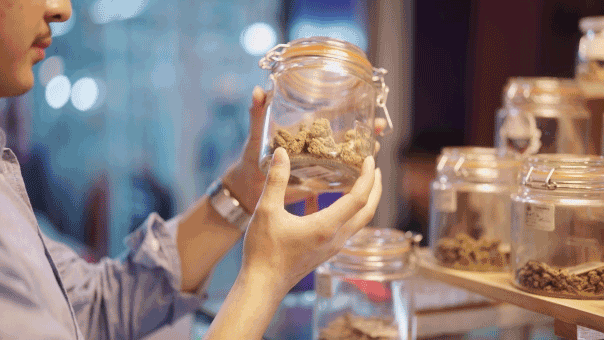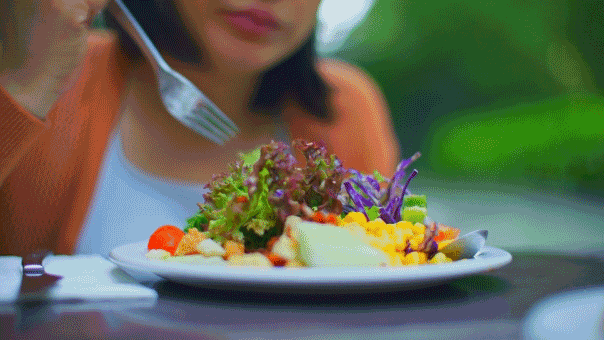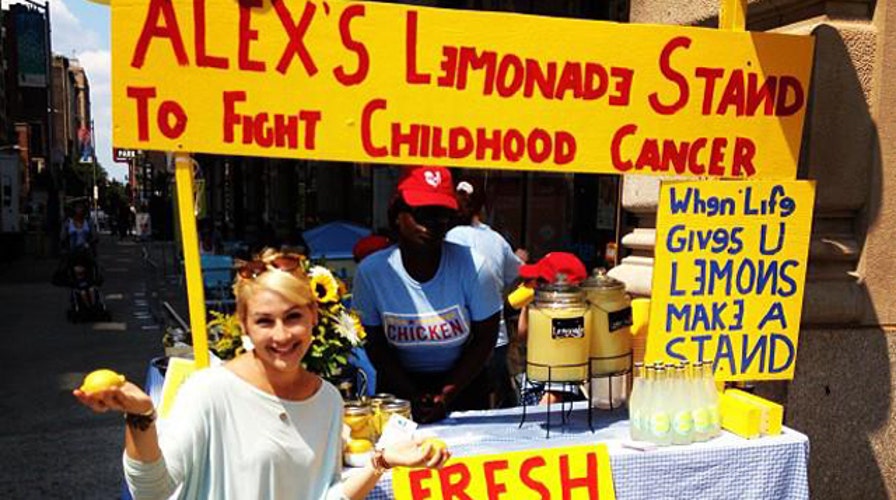Why kids can get cancer twice
Too often the treatments that help children survive cancer also cause major health problems later in life. Alex’s Lemonade Stand Foundation is helping fund cancer research projects that focus on less toxic treatments for kids to improve the health and quality of life for cancer survivors
After six surgeries, 14 cycles of chemotherapy and 25 rounds of radiation, Brianna Mercado's doctors said she won her battle against Ewing’s sarcoma, a life-threatening bone cancer that affects mainly children and adolescents.
Even though 15-year-old Mercado missed her sophomore year in high school because of treatments, she always kept a positive outlook.
“I knew that I had to be strong for my family, for my friends,” Mercado, now 24, told FoxNews.com. “I put on the smiley face and said you know ‘everything is going to be ok, I’m fine.'”
And she was fine. Mercado went on to graduate high school and college cancer free. Never taking a second for granted, the California native moved to New York City to pursue her dream of becoming a professional dancer.
“Dancing has been the one thing that has been constant in my life, through whatever has happened to me,” Mercado said. “I love how diverse the dancing is here [New York]. I can do everything from the urban street styles to contemporary and ballet, there is so much to explore, the exploration never stops here.”
But in December, shortly after reaching her 7-year remission mark, Mercado’s doctor called her with a second cancer diagnosis. This time it was stage 4 follicular thyroid cancer.
"Being a cancer survivor as a teenager I was really proud, but having it come back so soon it was like a slap in the face. I was really sad and disappointed with myself and really confused on why this was happening," Mercado said.
Studies estimate childhood cancer survivors have a 60-to-90 percent chance of developing one or more chronic health conditions.
“My doctors had warned me ahead of time, they said ‘your cancer free but you do need to get your follow-up scans, these are very important, you received radiation to your chest, you received a lot of chemotherapy. You’re at risk for leukemia, breast cancer, and lung cancer,” Mercado said.
Too often the treatments that help children survive cancer also cause major health problems later in life. Chemotherapy or radiation are usually the culprits. They are DNA damaging agents that kill cancer cells but can also affect normal cells.
“Some normal cells also get exposed to these agents and some of these problems in the DNA, mutations if you will, sit and are quiescent over time-- silent over time, and then it takes a second hit later in life,” Dr. Julia Glade Bender, director of the Developmental Therapeutics Program at Columbia University Medical Center in New York told FoxNews.com. “So these agents that we use to cure our cancers by any other names would be carcinogens, they increase the likelihood that you would develop a second cancer.”
Mercado believes there must be a better and less toxic way to cure childhood cancers, and works with Alex's Lemonade Stand Foundation as one of their hero ambassadors.
Pediatric cancer patient Alex Scott started hosting lemonade stands in her front yard in 2000 and raised more than a million dollars for cancer research before she died at age 8.
To continue the work she began, Alex’s parents officially started the foundation in 2005 and to date, the organization has raised $100 million and funded over 475 research projects.
“One of the priorities in childhood cancer research is coming up with treatments that are less toxic for the kids. So were trying to come up with treatments that target the cancers but leave the rest of the body unharmed,” Jay Scott, Alex’s father and co-executive director of Alex’s Lemonade Stand Foundation, said. “It’s called targeted therapies and I think it’s the wave of the future and it’s the way that were going to help more kids survive their cancer and not have life long side effects.”
Targeted therapies work by tailoring treatments to the genetic characteristics of the patient’s cancer. Doctors hope this type of approach will increase the effectiveness and decrease the risk of side effects of harsh treatments.
"Now the way we manage our protocols is, for those kids who are likely to be cured, can we do it with less? Can we give them less, can we give them therapy that's more targeted perhaps to their tumor and less the general approach of trying to damage all DNA,” Bender said.
Numerous hospitals have recently put an extra focus on survivor wellness to help develop programs that improve the health and quality of life for cancer survivors.
"There needs to be a better follow-up they can't just drop you off in the ocean and say 'Good luck okay you’re cancer free,' there needs to be special dieting, exercise and some sort of program where young survivors can bond and talk to each other,” Mercado said.
Pediatric oncologists recommend that young adult cancer survivors receive lifelong monitoring and follow all cancer-prevention strategies.
“So all of those healthy lifestyle ideas that we try to teach everybody become of paramount importance to a cancer survivor, so the basics; good nutrition, exercise, don’t smoke, avoid the sun and do those screening procedures that we know are very important to adults like mammograms and pap smears,” Bender said.
Mercado's dance with cancer is not quite over but her most recent blood test shows that her thyroid cancer is shrinking. She doesn’t let her cancer diagnosis’ stop her from living her life and continues to share her story through performing and volunteer work.
“To young children with cancer I would say to explore your passions because it’s your passions that are going to carry you through life with confidence, courage and bravery,” she said.
To help support childhood cancer research and learn how you can host your own lemonade stand during Alex’s Lemonade Days visit Alexslemonade.org.



